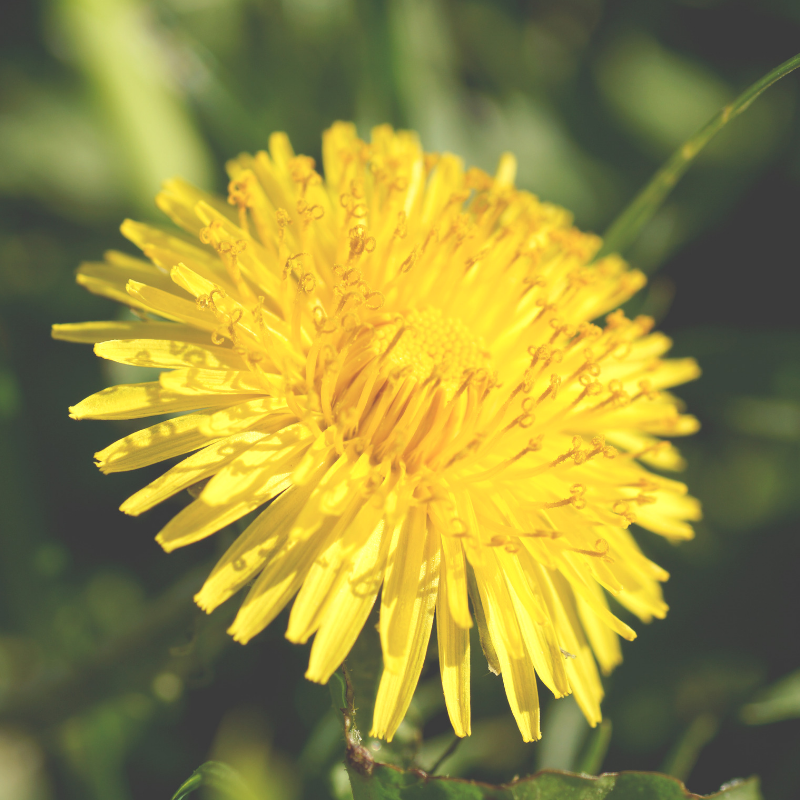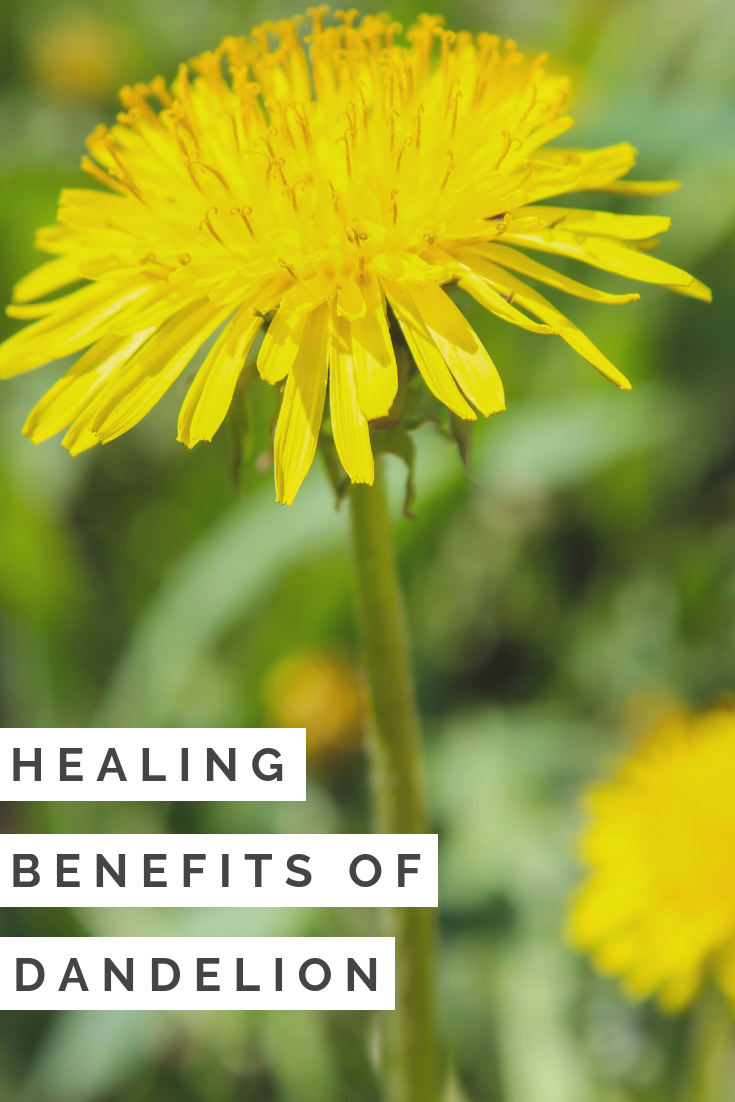Spring is here and the dandelions are in full bloom already. Some homeowners view dandelions as a nuisance, but these lovely flowered weeds are bumblebee, butterfly and bird food havens. A dandelion is also an edible human food source. Everything from the flower to roots is edible. Sprinkle on a salad for a fresh treat!
The common dandelion (Taraxacum officinale) is a weed that also has many medicinal benefits. Dandelions have been used in traditional medicine by native American Indians, Chinese medicine and in ancient European herbalism for centuries. However, do note that you should consult a qualified herbalist and/or medicinal practitioner before using dandelion to treat any health problems.
Botanical Profile of Dandelion
The common dandelion belongs to the Asteraceae (daisy) plant family. Dandelions are native to the temperate areas of the northern hemisphere, particularly Europe and North America. They are a small perennial plant with a bright yellow flower head and shiny, green “toothed” leaves. The leaves act as a funnel for rainwater to reach the roots; the roots contain a white, milky substance that possess medicinal properties.
How Dandelions Disperse Their Seeds
Dandelions disperse their seeds after the flower head has dried out; the petals and the stamen drop off and the bracts curve backwards to reveal umbrella-shaped white, feathery pappus. The seeds contained within the pappus float away in the wind to re-disperse and form new dandelions.
The Parts of Dandelion That are Used Medicinally
The leaves, roots and flower head of the dandelion all contain medicinal properties. Tinctures, teas, capsules and liquid extracts are all created for medicinal purposes. The leaves are diuretic whereas the roots treat digestive disorders and act as an anti-viral. The flowers contain anti-oxidant properties.
Medicinal Uses of Dandelion
Dandelions contain vitamins A, C and D, in addition to potassium, zinc and iron. They also contain flavonoids, bitters and tannins. The common dandelion has a variety of medicinal uses including a treatment for:
- eczema
- acne
- gall-bladder problems
- liver problems
- poor digestion
- high blood pressure
- appetite stimulant
Cautions for Using Dandelion as a Medicinal Aid
This article is not meant to be substituted for medical advice. Always consult your doctor before starting any herbal remedy.
Do not combine the use of dandelion as a medicinal aid with prescribed medicines without the advice of a medical practitioner. In particular, medications such as lithium, Zantac, Pecid and certain antibiotics may interact with the use of dandelion. In addition, if you have an allergy to plants such as ragweed, marigold, yarrow and chamomile, you may also have an allergic reaction to dandelion. There maybe a risk of skin irritation in some people.




